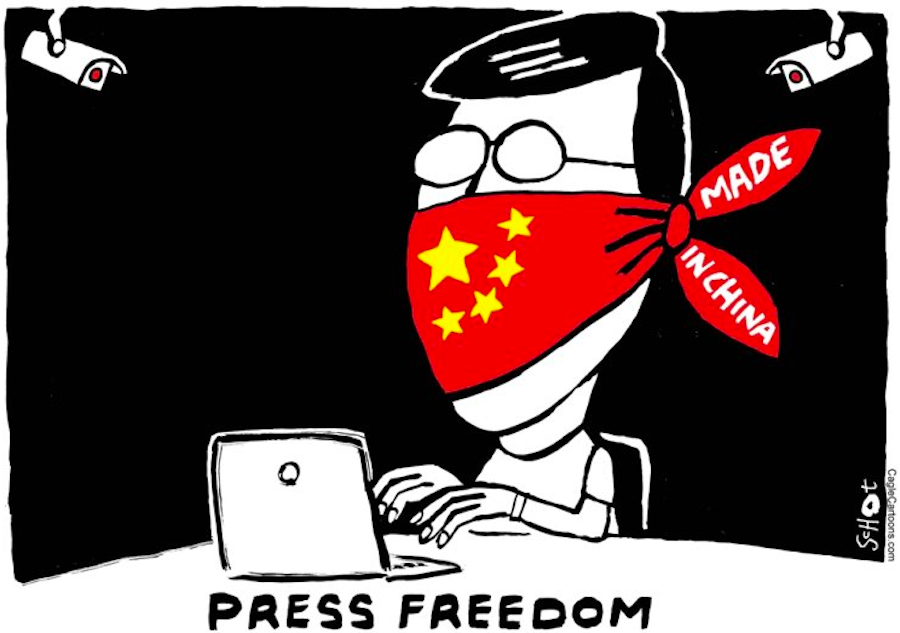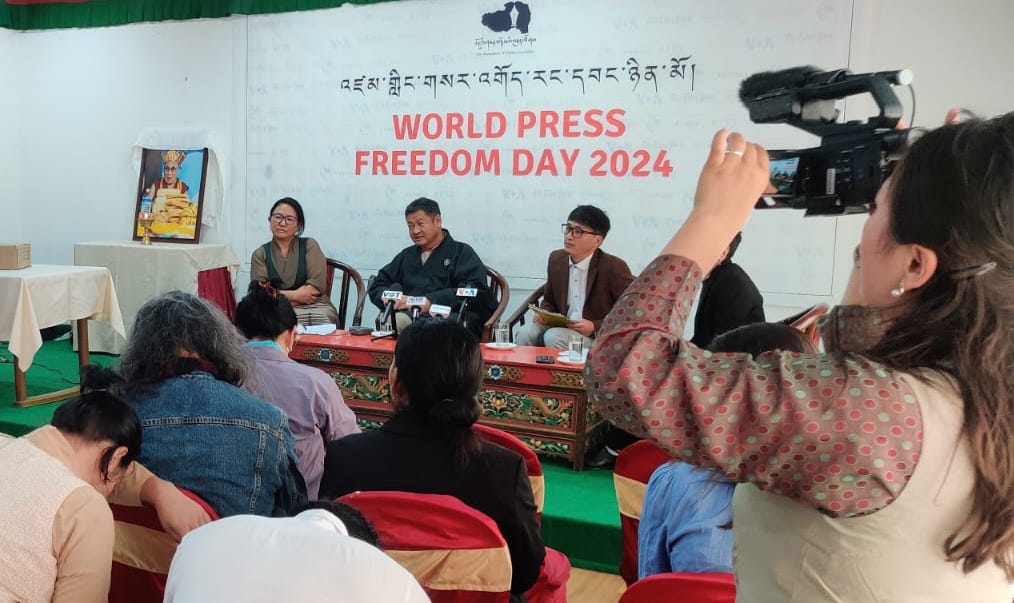DHARAMSHALA, June 19: China has completed the implementation of a stringent monitoring system in central Tibet that requires the restive region’s more than 4 million Internet, fixed telephone line, and mobile phone users to register under their real names, state media said on Wednesday.
Xinhua quoted a local administrator Nyima Doje as saying that the real-name registration is “conducive to protecting citizens’ personal information and curbing the spread of detrimental information.”
The move comes even as China demanded that the US explain its internet monitoring programmes to the international community after explosive revelations by an ex-CIA employee.
According to the report, by the end of 2012, 2.76 million fixed line and mobile phone users and 1.47 million web users in Tibet had registered for services under their real identities, as required by a 2011 local regulation.
The central Chinese government last year passed a law making it mandatory for users to provide their real names and other identifying information when they register with access providers or post information publicly.
The growing popularity of the Internet and mobile phones has “brought about social problems, including the rampant circulation of online rumours, pornography and spam messages,” the report cited another official, Dai Jianguo, as saying.
“The real-name registration will help resolve these problems while benefiting the long-term, sound development of the internet,” Dai added.
Amidst the ongoing wave of self-immolations and protests inside Tibet, the region remains closed to foreign journalists and diplomatic visits. Strict surveillance on all modes of communication is already in place, with Chinese authorities regularly blacking out the Internet and mobile lines in the event of a self-immolation or a major ptotest.
Scores of Tibetans have been arrested and sentenced to lengthy jail terms for attempting to contacting people outside Tibet and sending pictures and information on protests inside Tibet.
In June 2012, Lho Younten Gyatso, 37, a senior monk of Khashi Geyphel Samtenling Monastery, was sentenced to seven years in prison on alleged crimes of sharing sensitive information on the self-immolation protests and attempting to contact the United Nations.
Earlier this year in March, Chinese authorities carried out a major crackdown on mobile phones in the Tibetan capital Lhasa as part of a security drive to stem the flow of information from Tibet.
A special team of ‘experts on cellphone technology’ dispatched from Beijing began scanning all mobile phones used by monks at the Drepung Monastery followed by similar crackdowns in other monastic institutions in the region.









